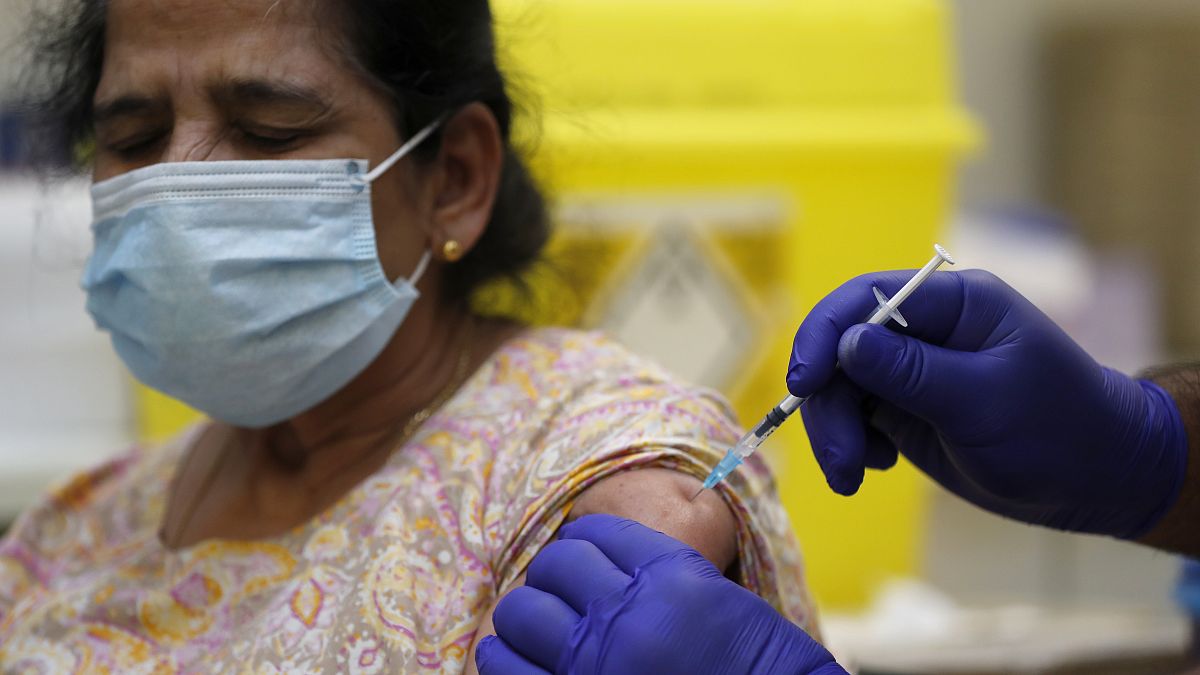New research shows that BAME communities are less likely to get vaccinated than white people, especially those aged 80 and above in the UK. But what are the underlying reasons for this low vaccine uptake and what efforts have been made to improve it?
Black, Asian and mixed ethnicity people aged 80 and over are half as likely to get vaccinated as white people, a study from NHS England suggests.
A lower proportion of ethnic minorities have been shown to have received at least one vaccine dose up to 27 January, raising concerns from equality campaigners who criticised ministers for failing to act more urgently on COVID-19 vaccine disparities.
Dr Halima Begum, chief executive of race equality think tank Runnymede Trust, said that the historic lack of confidence black and minority ethnic people have in health services, combined with the lack of additional protection for these communities, were the main reasons for this low vaccine uptake.
She was the first to raise concerns about the dangerous exposure of these communities in March last year.
"BAME communities are often the poorer groups in the UK, they are in poorer households, occupying poorer jobs, so they have been over-exposed to the virus in general. And traditionally, groups that are over-exposed and who are marginal to society take longer to access health services as well," Begum told Euronews.
"This isn’t about vaccine refusal though, because that very rhetoric implies that these communities are doing something wrong, that it’s their fault somehow.”
Runnymede Trust says the British government should prioritise the vaccines rollout to BAME communities in dense urban areas and work with community leaders to address misinformation and boost vaccine confidence.
Frontline minority workers 'over-exposed and under-protected'
Black and ethnic minority members comprise only 20% of the NHS staff force, but they were the first 60% of healthcare staff who died of coronavirus.
Additionally, only 37% of black staff have received the COVID-19 jab, compared with around 70% for the white staff, research from the University Hospitals of Leicester NHS Trust found.
Equality campaigners have called for ministers to take urgent action to protect overexposed BAME workers.
"The government has to make sure the voice of minorities is heard and respected, as equally as others," Begum said.
Is this reflected across Europe?
The UK, Ireland and Finland are the three countries in Europe that have a legal duty to collect data on whether or not they are including minorities in their public health policy response.
In many other European countries, governments are actually unable to tell whether health services are reaching minority groups, because of the inability to collect data.
Watch the interview in the video player above.


